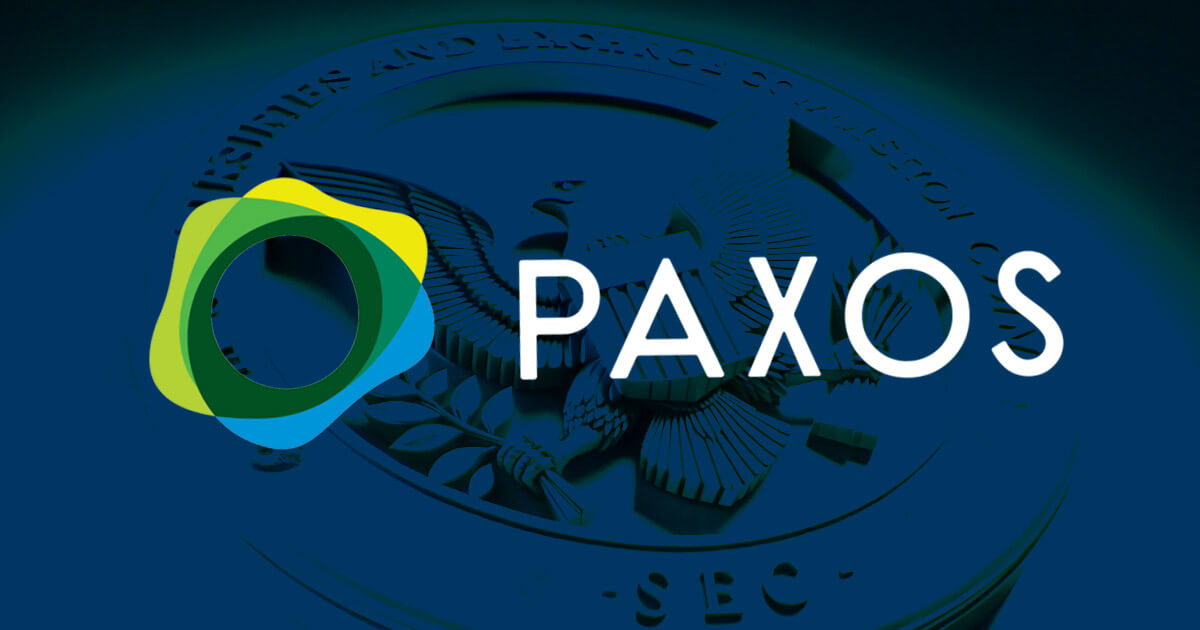
The US Securities and Exchange Commission (SEC) has ended its investigation into stablecoin publisher Paxos.
On July 11, Paxos announced that it had received a notice of termination of investigation from the SEC a few days earlier, on July 9. The notice confirmed that the regulator would not take any enforcement action against Paxos Trust Company regarding the Binance USD (BUSD) stablecoin.
This development comes more than a year after the SEC issued a notice from Wells suggesting that enforcement action may be taken against the stablecoin issuer for its role in the dollar-backed BUSD stablecoin. Notably, it also follows a recent federal judge’s ruling that the sale of BUSD did not violate securities laws, as the financial regulator claimed.
While BUSD’s supply has all but evaporated, Paxos had publicly maintained that the stablecoin was not a security and vowed to fight the SEC’s claims.
Following the completion of the SEC’s investigation, the company reiterated this claim, stating:
“Paxos Trust Company has always maintained that its USD-backed stablecoins are not securities under the federal securities laws and that the Wells Notice was baseless and unwarranted.”
Paxos has issued several regulated digital assets, including PayPal USD (PYUSD), Pax Dollar (USDP), and Pax Gold (PAXG). The company is licensed by several financial regulators, including the NYDFS in the US, the MAS in Singapore and the FSRA in the Abu Dhabi global market.
‘New wave of adoption’
Paxos predicts that the conclusion of the SEC’s investigation into the BUSD stablecoin will spur a new wave of stablecoin adoption by major global corporations.
There stood:
“Well-designed stablecoins with strong consumer protections – like those issued by Paxos – will transform the financial system in terms of payments, settlement and transfers. This transformative technology will make the financial system more stable, accessible and transparent.”
Stablecoins have proven to be one of the most effective applications of crypto technology in the real world, especially in emerging markets like Nigeria. The assets are usually pegged to the US dollar and provide a stable alternative to volatile cryptocurrencies such as Bitcoin.

